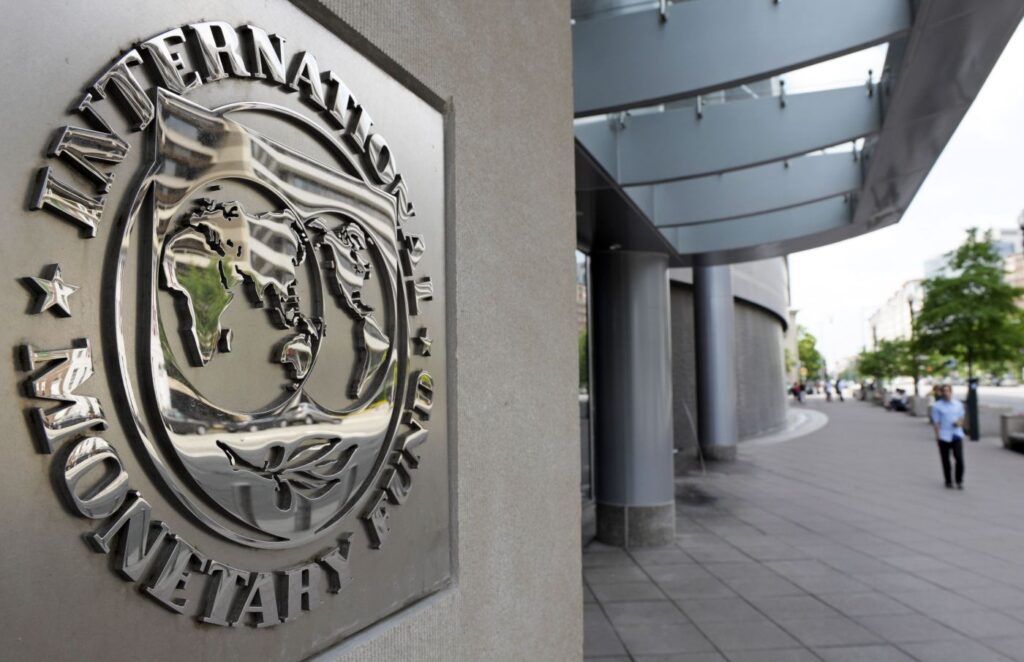The International Monetary Fund on Tuesday announced approval of a third tranche of aid to Cabo Verde, in the amount of $6.08 million (€5.5 million), meaning that more than $36 million will have been disbursed in one year, under the three-year $60-million programme signed with the government in 2022.
“The IMF technical team and the Cape Verdean authorities reached a technical understanding on economic policies with a view to completing the second evaluation of the programme under the Extended Credit Facility, which will make it possible to unlock funding of $6.08 million,” Justin Tyson, the head of an IMF mission to Cabo Verde, announced to journalists in Praia.
The team came to the country last week to discuss with the authorities the implementation of its economic reform agenda, under the Extended Credit Facility (ECF) programme, supported by the Fund and signed on 15 June, 2022.
Tyson noted that the assessment would be submitted to the IMF’s board of directors in the coming weeks.
With this third tranche of funding, the IMF will have so far provided $36.26 million in financial aid to Cabo Verde, under the agreement signed on 16 June 2022, which in 36 months is to provide a total of $60 million to the archipelago.
At the time of signing the agreement, the IMF immediately disbursed $15 million and in January this year announced the release of the second tranche of $15.19 million, saying that this was justified by the “fulfilment of all performance criteria and indicative targets defined by Cabo Verde.”
The funding package, according to the IMF, is to help mitigate the lingering impact of the Covid-19 pandemic and the collateral effects of the war in Ukraine, as well as reduce the fiscal deficit and preserve debt sustainability. In addition, it is to help protect vulnerable groups and support a reform agenda leading to higher and more inclusive growth.
At the end of the mission, the IMF noted that Cabo Verde’s performance under the programme has been “robust” and that last year its economy recorded “a strong recovery” underpinned by a rebound in tourism.
“The economy recovered strongly in 2022, with growth of 17.7 percent, the primary deficit fell to 1.9 percent of GDP, debt to GDP fell, the current account improved and international reserves remained at levels adequate to protect them from indexation to the euro,” it stressed.
For this year the Fund is maintaining its forecast for growth in Cape Verde’s gross domestic product of 4.4% this year, with average inflation of 5.2%, as fuel and food prices ease.
The IMF noted that the country’s public indebtedness as a percentage of GDP had fallen to 121.2% of GDP percent by the end of 2022, but warned that it remained high and was a “source of vulnerability.
On Monday, the governor of the Bank of Cabo Verde, Óscar Santos, announced that he expected inflation to drop from 8.0% in 2022 to 4.9% this year and 2.2% next. He forecast economic growth this year of 4.1%.
Cabo Verde is recovering from a deep economic and financial crisis, stemming from the sharp drop in tourism demand – a sector that before the pandemic accounted for 25% of the archipelago’s GDP – since March 2020, due to Covid-19 and its economic effects.
In 2020, there was a record economic recession, with GDP shrinking by 14.8%, followed by growth of 7.0% in 2021 and 17.7% in 2022, driven by the recovery of tourism demand.



